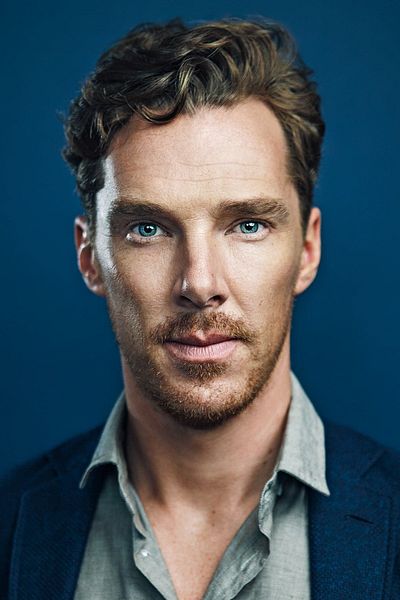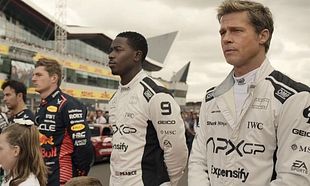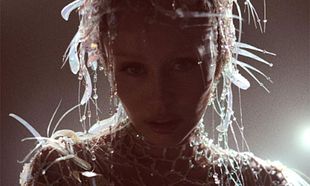After his career as a brilliant neurosurgeon is abruptly ended by a horrific car crash, Stephen Strange (Benedict Cumberbatch) crosses the world and discovers a secret group of sorcerers, led by a mysterious being known only as The Ancient One (Tilda Swinton), who protects Earth from extradimensional threats.
As Marvel shifts into its next phase - and its next batch of stars - the somewhat flat origin stories that made up the early part of the franchise are going to have to be repeated again and again. While hardcore fans may be familiar with lower-tier characters like Black Panther, Captain Marvel and Doctor Strange, the rest of the audience isn't - hence, an origin story is needed and that's essentially what Doctor Strange is.
Cumberbatch riffs on the same lines that made Robert Downey Jr. such a hit; a cocksure genius who has no cares in the world and only creates his superpowers so as to heal himself of a terrible injury. Like in Iron Man, the same cast of characters fill out similar roles. There's the passing love interest played by an overqualified actor (Rachel McAdams) who crops up throughout the story to ground our hero, an ally who tries to make our hero see his potential (Chiwetel Ejiofor) and a forgettable villain played also by another overqualified actor (Mads Mikkelsen).
For all this familiarity and repetitiveness, Doctor Strange's greatest strength lies in its incredible visual effects that see the very fabric of reality shift, twist and turn according to whatever powers the characters on screen wish it. The first time Cumberbatch meets with Swinton sees him going on an five-minute LSD-inspired trip throughout the multiverse with a psychedelic rock-inspired score from Michael Giacchino. Until now, there hasn't really been a film that's actually worth forking out the extra money for the 3D experience. With Doctor Strange, thekaleidoscopic twists of reality smash together with Escher-inspired cityscapes to create what is probably the most original - visually, anyway - comic-book films thus far.
For all the acting talent and unique visuals, the film is let down by the same problems that have plagued many comic-book films - a weak script with little impact and an unremarkable characters whose actors portraying them deserved more. Mads Mikkelsen does little more than fill out his role with exposition, alluding to a greater threat than he and with little in the way of conviction in his performance. Likewise, Rachel McAdams' character is reduced to a few scenes and Benedict Wong crops up as the stiff-faced comic relief. Tilda Swinton gives a surprising amount of warmth and humanity to her character and, for all the ridiculousness surrounding her, feels quite grounded.
The script, by Prometheus scribe Jon Spaiths and the Sinister writing team of C. Robert Cargill and Scott Derrickson, doesn't do much to change or alter from previous origin stories, but what it does do is lean in the inherent goofiness of Doctor Strange. For example, there's a cape that has a sort of personality of its own which provides a chuckle or two. Benedict Wong's character has a mononym and is compared to Beyonce, Adele and Bono by Benedict Cumberbatch's character. All these little flourishes add a bit of frivolity to the film and makes for an enjoyable and entertaining experience.
Overall, Doctor Strange is a competent film that has the same problems that most Marvel origin stories have, but its unique visuals are enough to elevate it just above mediocrity.



















































































